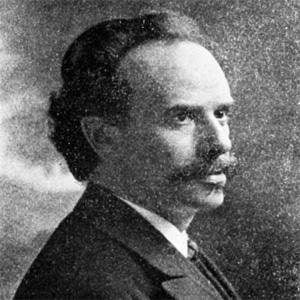German-American anthropologist and a pioneer of modern anthropology who has been called the “Father of American Anthropology.” He argued that culture developed historically through the interactions of groups of people and that consequently there was no process towards continuously “higher” cultural forms.
Instead of studying in Berlin, he chose to study at the University of Kiel, specifically to be closer to his family.
He taught at Columbia University, where Margaret Mead and Edward Sapir were among his students.
He got married to Marie Krackowizer Boas and had six children together.
Another famous German scientist like him is Johannes Kepler.
Franz Boas Age
How old is Franz Boas? He was born in 1858, he was 166 years old at the time of his death.
Franz Boas Height & Weight
No height data is available for the time being.
No weight data is available right now.
Franz Boas Wiki
| Famous as | Anthropologist |
|---|---|
| Age | 166 years old |
| Birthday | July 9, 1858 |
| Birthplace | Minden, Germany |
| Date of Death | December 21, 1942 |
| Zodiac Sign | Cancer |
| Height | N/A |
| Weight | N/A |
| Net Worth | N/A |
Quotes by Franz Boas
In other words, we are interested in the anatomical and mental characteristics of men living under the same biological, geographical, and social environment, and as determined by their past.
— Franz Boas
This idea was also brought out very clearly by Wallace, who emphasized that apparently reasonable activities of man might very well have developed without an actual application of reasoning.
— Franz Boas
The historical development of the work of anthropologists seems to single out clearly a domain of knowledge that heretofore has not been treated by any other science.
— Franz Boas
It is our task to inquire into the causes that have brought about the observed differentiation, and to investigate the sequence of events that have led to the establishment of the multifarious forms of human life.
— Franz Boas
We all know scientists who in private life do not come up to the standard of truthfulness, but who, nevertheless, would not consciously falsify the results of their researches.
— Franz Boas

